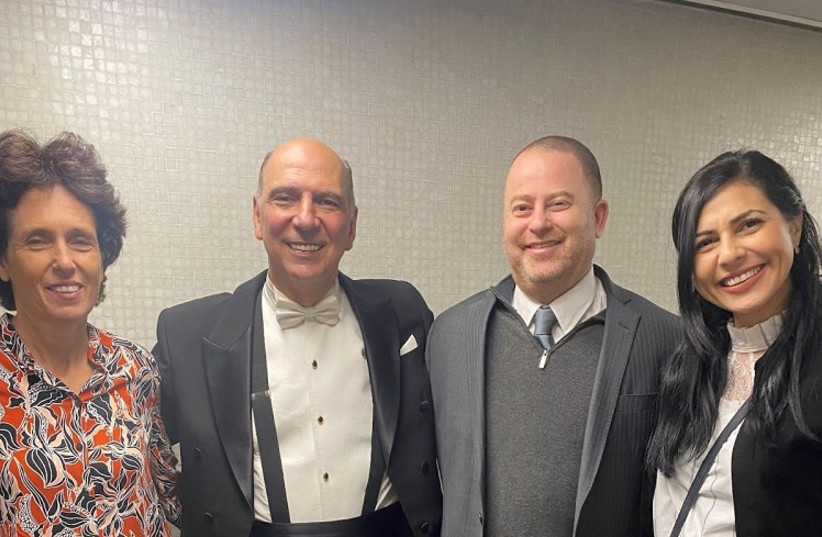The Jerusalem Symphony Orchestra and 20-year-old Israeli cellist Danielle Akta offered Argentinian music-lovers a night to remember when they performed in Buenos Aires in August.
The event was part of a tour bringing the orchestra and its Argentinian-born conductor Yeruham Scharovsky around Latin America.
The program of the evening included not only pieces from the classic repertoire - like the Symphony n.4 in F minor, Op. 36 by Piotr I. Tchaikovsky - but also a work by contemporary Israeli composer Paul Ben-Haim.
“I'm a bit sentimental and I like to play works from this era,” Scharovsky told Argentinian newspaper Clarin. “Paul Ben-Haim fled from Nazi Germany and went to Israel. He listened to European classical music but also Middle Eastern music, and he combined the two styles. He created a style that was called ‘Mediterranean,’ which means western music with a little oriental spice.”

The orchestra performed “Fanfare for Israel,” which the conductor described as similar to a movie soundtrack.
“It begins with a great fanfare, as if describing the people from all over the world who come running to the country that is calling them, but that is where the ordeal begins, with the difficulties of moving to a country where there is nothing and does not have much with which to survive. And the music tells that story, it kind of describes Israel from the years '48 to '58.”
Akta offered proof of her superb technical and expressive skills in the concerto Op. 85 by Edward Elgar, a fundamental piece in cello repertoir.
The night ended with two special treats for the Argentinian audience. The orchestra performed a tribute to the city of Buenos Aires with an arrangement of “Mi Buenos Aires Querido” starring the local bandoneon player Norberto Vogel. The concert then ended with an orchestral interpretation of “Jerusalem of Gold” that received a standing ovation.

